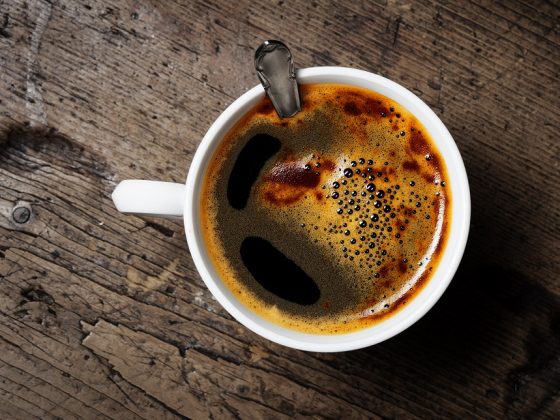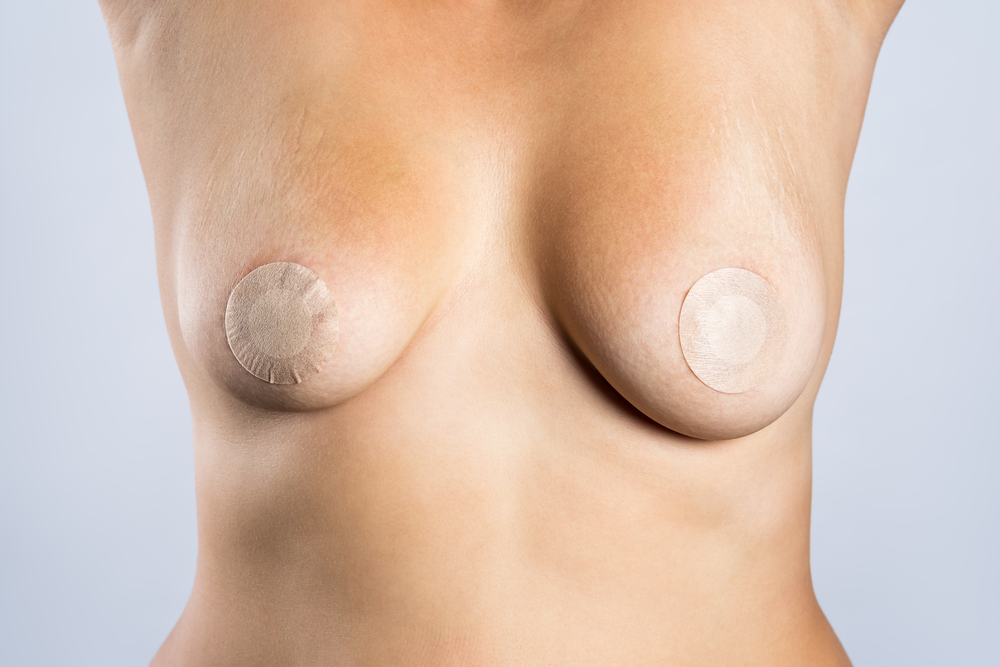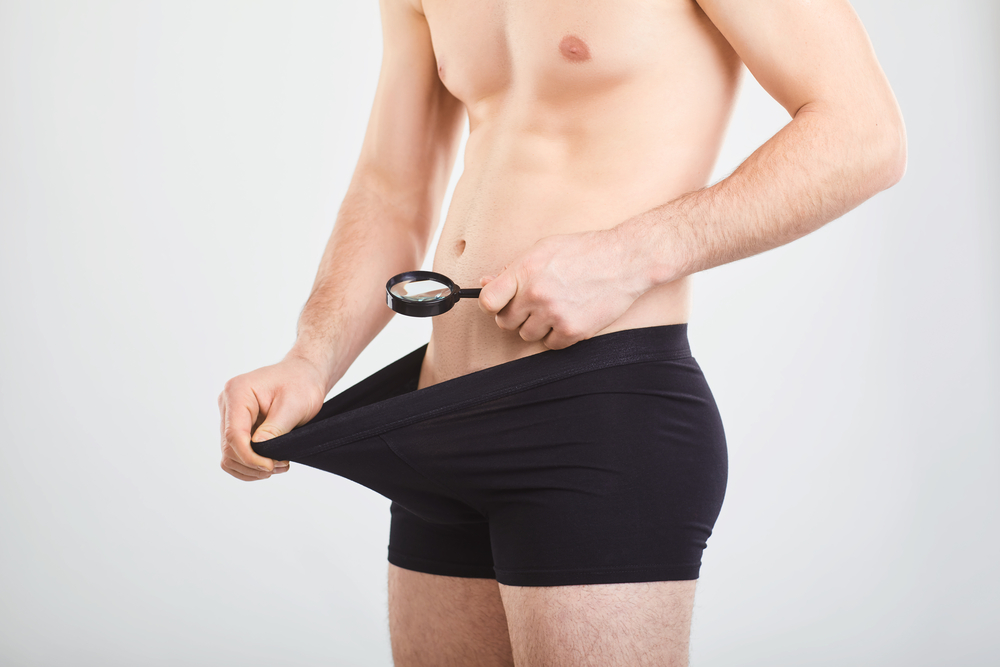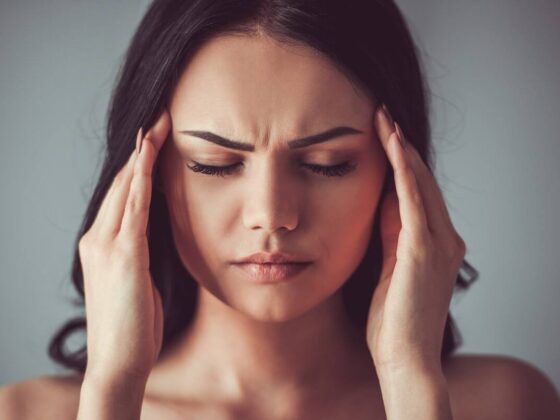The twitching lip is triggered due to abnormal and irregular contractions of the muscle fibers in the region around the lips. They are not life-threatening; however, they can be irritating and difficult to ignore. If the twitches are noticeable and exaggerated, they could be embarrassing.
This involuntary movement may also occur due to injury, irritation, or stimulation of the nerve endings in the lips’ muscles.
In most cases, the twitching lip may be a symptom of fatigue or stress. But it may also indicate severe underlying medical conditions such as a brain disorder or a parathyroid condition, where early identification can be crucial to ensuring the most effective treatment.
Since this condition is expected, a person often tends to overlook the problem.
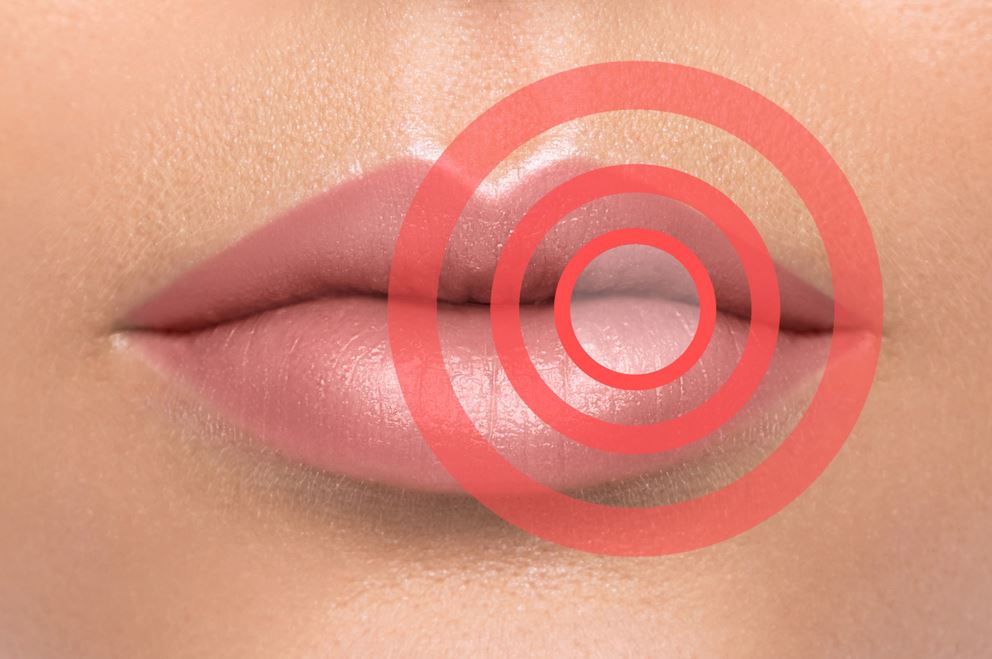
What causes a twitching lip?
There are many causes of lip twitching, some being simple daily habits.
Twitching occurs typically separately on the upper or lower lips, as the lips are independent of each other. Potassium deficiency, ingestion of too much caffeine, reactions to certain medicines or drugs, and various medical conditions are potential causes of lip-twitching. Stress or tiredness may also be the cause of it.
Below are eight potential causes of twitching lips.
Excess caffeine
Caffeine is usually found in tea, coffee, soft drinks, and snacks. Too much caffeine can cause jitters, excess energy, and muscle twitches. The technical term for this disorder is caffeine intoxication.
You could have this condition if you drink more than three cups of coffee daily and experience symptoms like an abnormal heartbeat, nervousness, irritation, insomnia, restless hands or feet, and so on. Treating caffeine intoxication is easy, requiring a person to reduce or remove their daily amount of caffeine.
Potassium deficiency
Potassium is an electrolyte necessary to carry nerve signals throughout the body properly. You might experience twitching lips if you have low potassium levels. A deficiency could adversely affect the muscles, causing cramps and spasms almost anywhere, including the lips.
Treating potassium deficiency includes avoiding certain foods and medications that could affect your potassium levels. Also, one should take potassium-rich diets or potassium supplements.
Certain medications
Some medications may cause twitching lips. Drugs such as estrogens and steroids may cause lip twitching, but any prescription or over-the-counter drugs that mention fasciculation as a side effect can also cause this sensation in the lips. Muscle spasms, which usually last longer, can be caused by diuretics.
The most straightforward cure for medication-induced twitching is to switch to another one. It should be taken under the administration of a physician to avoid any side effects or other complications.
Stress and fatigue
Stress, anxiety, and severe exhaustion can also contribute to the twitching of the lips. The body under continuous stress may be locked into a fight or flight response, making the facial muscles tighten.
Stress-relieving methods, such as yoga, meditation, and having a good night’s sleep, may reduce stress and exhaustion levels amply for someone to find relief.
Alcoholic neuropathy
Drugs that contain alcohol and narcotics can also induce facial twitching. They can cause severe nerve damage and affect the functioning of the brain. Twitches may be an indication of nerve irritation caused by these drugs.
Treating these tremors includes eliminating the drugs, taking vitamin supplements, and taking prescription medications for the symptoms.
Bell’s palsy
People with Bell’s palsy suffer from weakness or temporary paralysis of the facial muscles. Each case is diverse, although in most cases, Bell’s palsy causes twitching lips, while others may have trouble moving their mouth, eyelids, or nose.
Bell’s palsy’s leading cause is unknown, but physicians believe it is linked to the oral herpes virus. Based on the symptoms, several treatment methods, including physical therapy or medications, such as steroids.
Hemifacial spasm
Hemifacial spasms are muscle spasms occurring on one side of the face. The condition can be triggered by nerve irritation regulating the facial muscles. A blood vessel or tumor compressing the nerve may also trigger it.
The condition is rare and may be diagnosed using neurological exams and imaging tests such as CT scans, MRIs, and angiography. Regular Botox injections are the most common treatment that partially paralyzes the affected muscles to stop twitching.
Tourette syndrome
Tourette syndrome is a disorder that causes motor and speech tics. The tics may be embarrassing and make everyday life difficult. The precise cause of the condition is undiscovered, although it is considered a combination of genetic and environmental influences.
There is no proven cure for Tourette Syndrome, and treatment typically includes treating symptoms as much as possible. Treatments can include Botox injections to help avoid motor tics, such as lip twitching and other chemical drugs, behavioral therapy, or counseling.
Symptoms of twitching lip
This lip condition’s symptoms are noticeable and can be felt as a mild tremor that may also radiate to the face’s rest.
A person experiencing a twitching lip may show signs like mild palpitation-like movements, especially in the upper lip, curling sensation of the lip edges, numbness and a feeling of frozen lips, and repeated spasms after a gap of a few minutes.
Is Lip Twitching Serious?
Many people are worried that lip twitching may be a symptom of a severe degenerative neurological disorder called amyotrophic lateral sclerosis (ALS), more commonly known as Lou Gehrig’s disease.
Twitching lip alone is not a diagnosis of ALS. ALS is a very unusual disease. A complete examination and testing and other symptoms will be required to diagnose ALS. Most people with ALS will have twitching in certain parts of the body and shrinking and weakening their muscles. Twitching lips usually is harmless, but it is best to see a doctor if it appears with other symptoms.
How to stop twitching lip
Though twitching in the lips is often ignored as ‘something usual,’ it is necessary to get to its root cause and get proper treatment. Because there are many potential causes of twitching in the upper lip, several treatment methods exist.
The best way to avoid lip-twitching is to consume more bananas, watermelons, or other potassium-rich foods. Reducing your daily coffee intake or eliminating caffeine can also alleviate twitching lips.
Also, applying a soft wet cloth to the lip surface where twitching occurs helps minimize muscle spasms. For others, Botox injections are the best way to avoid tremors. Please consult your doctor about the causes of twitching lips and the best way to avoid it.
A doctor will usually take a physical examination and ask questions about the individual’s lifestyle and dietary plans.
Final Word
The uncontrolled twitching of the lips can seem very annoying and abnormal, but it is typically temporary and harmless. In most cases, the dysfunction is produced by an everyday lifestyle or dietary influences that self-control can resolve. For instance, you should manage daily stress and exhaustion while restricting your caffeine and gluten intake, which are the primary culprits behind this disorder.
While twitching of the lips (1) may not be a cause of concern, it may often be a sign of severe health issues.
If eating more bananas or drinking less coffee does not improve your symptoms, it is time to see your doctor.
However, if the twitching becomes severe, prolonged, or regular enough to cause serious distress, it is essential to seek prompt medical treatment to rule out any serious underlying issue.

